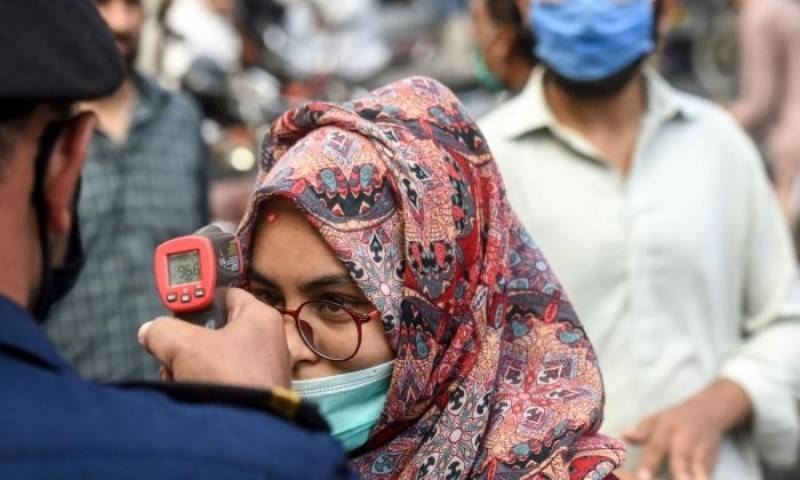
Amid a surge in the coronavirus cases in the country, the National Command and Operation Centre (NCOC) has issued fresh standard operating procedures (SOPs) for Eid ul Azha.
The country has witnessed a spike in the coronavirus cases, with officials fearing that the infections would spread further due to shopping and the celebrations leading up to Eidul Azha, which will be observed on July 10.
Guidelines
The country has witnessed a spike in the coronavirus cases, with officials fearing that the infections would spread further due to shopping and the celebrations leading up to Eidul Azha, which will be observed on July 10.
Guidelines
- Eidul Azha prayers should be organised in open spaces under stringent COVID protocols. In case of any compulsion to offer the prayers inside mosques, then all windows and doors should be kept open for ventilation to minimise the chances of disease spread.
- Preferably 2-3 Eid prayers should be organised at one single venue with staggered timings to allow maximum people to offer prayers with COVID-19 protocols.
- All ulemas leading Eid prayers should be sensitised to keep sermons and khutbaas short so that people remain present in the prayer venues for a brief duration.
- Efforts should be made to discourage sick, elderly and young children from attending Eid prayers.
- People should not be allowed to enter the prayer venue without a proper face mask.
- There should be multiple entry and exit points at the prayer venue to avoid jumbling up of individuals.
- The organisers should ensure the availability of a sufficient quantity of hand sanitisers at the entry points. It should be mandatory for all coming for prayers to use sanitisers before entering the venue.
- People should be encouraged to perform abulution at home before coming for the prayers and also bring their own prayer mats to the venue.
- There should not be any gathering at the prayer venue before the prayer and people should be asked to disperse immediately after the prayer.
- Efforts will be made to promote and encourage collective qurbani through various public, private and community organisations, while ensuring adherence to COVID-19 protocols.
- Continuous engagements will be ensured by provinces with ulemas for encouraging people for collective and online qurbani.
- Individual qurbani may be allowed, however, collective qurbani will be preferred.
- The site of slaughtering should be away from residential areas and preferably in open spaces.

